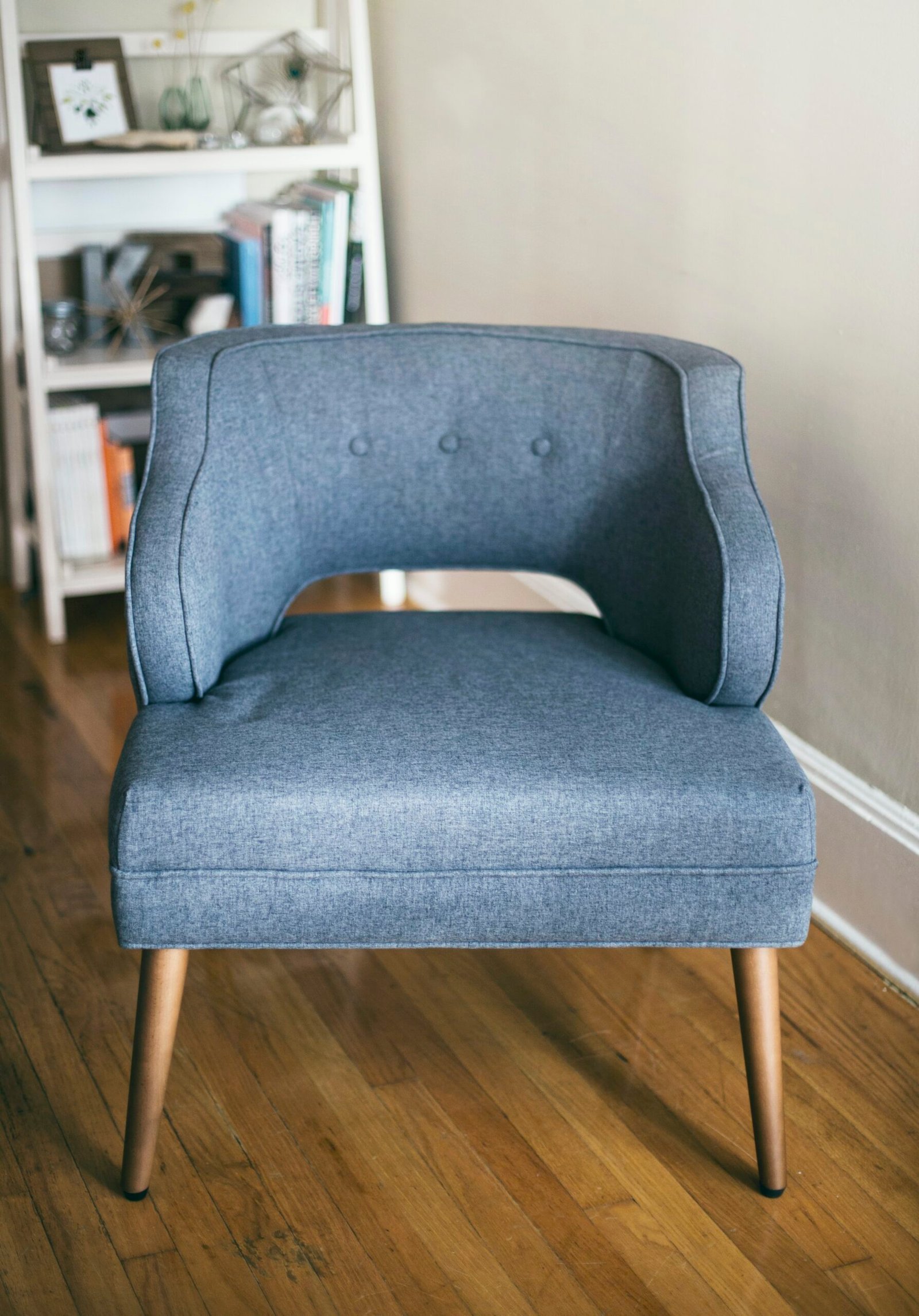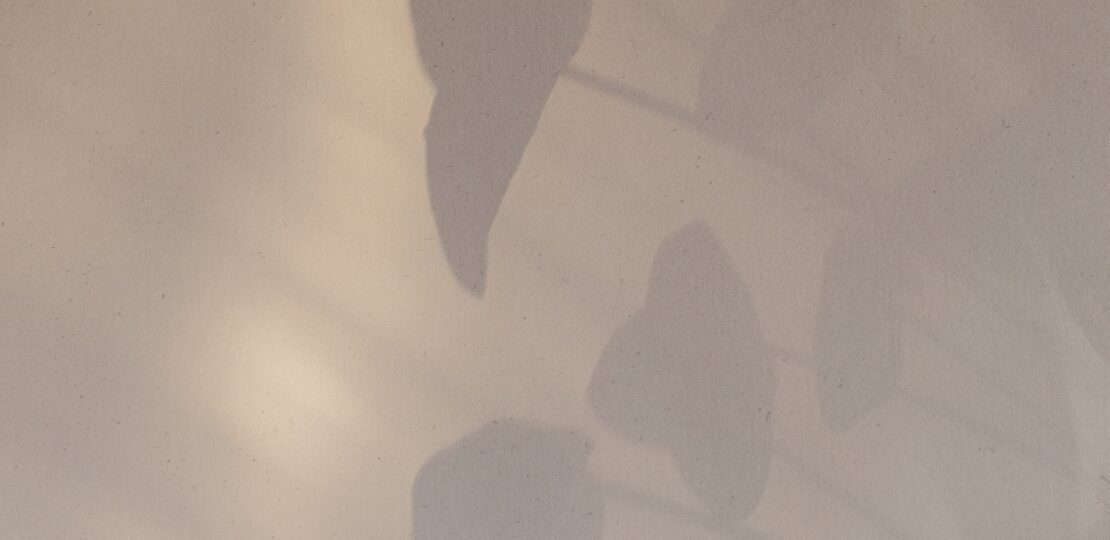
In today’s fast-paced and cluttered world, it’s easy to feel overwhelmed and weighed down by the unnecessary excess in our lives. But what if there was a way to simplify and declutter, to find more meaning and freedom in the things that truly matter? Enter the power of minimalism, a lifestyle that has been embraced by many as a means to find balance, joy, and fulfillment. By intentionally letting go of material possessions, streamlining our schedules, and focusing on what truly brings us joy, we can unlock the true potential of minimalism and create a life that is not only filled with less, but also with more purpose and contentment. Join us as we explore the benefits and practicality of embracing minimalism and discover how it can transform your life for the better.
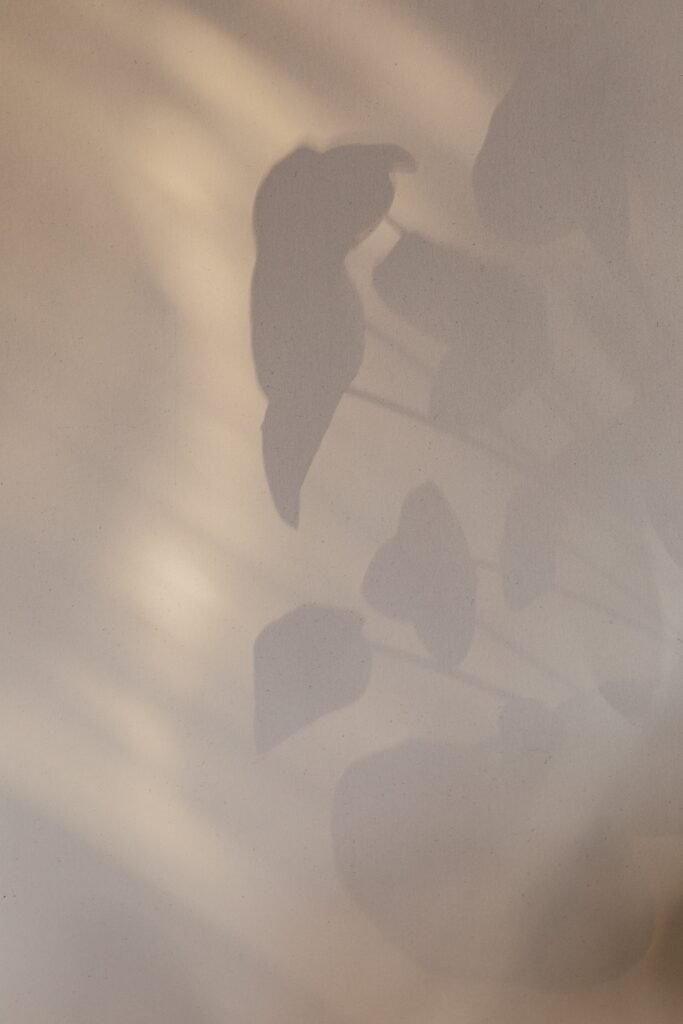
This image is property of images.pexels.com.
Check out our product reviews.
The Concept of Minimalism
Defining minimalism
Minimalism is a lifestyle philosophy that revolves around the idea of living with less. It is the intentional decision to simplify one’s life by reducing physical clutter, mental and emotional burdens, and excessive consumerism. By intentionally choosing to have less, minimalism allows you to focus on what truly matters and find contentment in a more simplified and purposeful existence.
Origins of minimalism
While minimalism as a lifestyle gained significant attention in recent years, its origins can be traced back to various cultural and artistic movements. The concept of minimalism emerged in the visual arts during the 1960s, characterized by simplicity, clean lines, and a focus on essential elements. Over time, the minimalist approach extended beyond the arts and influenced various aspects of everyday life, including home design, fashion, and personal philosophies.
Key principles of minimalism
Minimalism is guided by several key principles that help shape the lifestyle. These principles include intentionality, simplicity, and mindfulness. Intentionality involves making deliberate choices about what you keep in your life and removing anything that doesn’t serve a purpose or bring you joy. Simplicity focuses on eliminating excess and embracing a more streamlined and efficient way of living. Mindfulness encourages being present in the moment, appreciating what you have, and avoiding unnecessary distractions.
Benefits of Minimalism
Reduced stress and anxiety
By decluttering your physical and mental spaces, minimalism can significantly reduce stress and anxiety. A cluttered environment can overwhelm the mind, leading to increased levels of stress. Minimalism allows you to create a clean and organized space that promotes peace and tranquility, providing a sanctuary where you can unwind and relax. Additionally, the intentional reduction of commitments and distractions helps to alleviate mental clutter, promoting a sense of calm and well-being.
Improved focus and productivity
A minimalist lifestyle promotes improved focus and productivity by eliminating distractions and enhancing mental clarity. With fewer possessions and commitments vying for your attention, you can direct your energy towards the most important tasks and goals. By decluttering your physical and digital spaces, you create an environment that fosters concentration, making it easier to stay focused on the task at hand. As a result, you can accomplish more with a higher level of efficiency.
Increased clarity and organization
Minimalism fosters increased clarity and organization in all areas of life. By reducing physical possessions, you are able to eliminate the visual clutter that can cloud your mind and make it difficult to make decisions. Each item in your space serves a purpose and brings you joy, allowing you to appreciate and use them with intention. Similarly, adopting minimalism in your digital life helps you organize your digital files and streamline your devices, making it easier to locate what you need while reducing digital clutter and overwhelm.
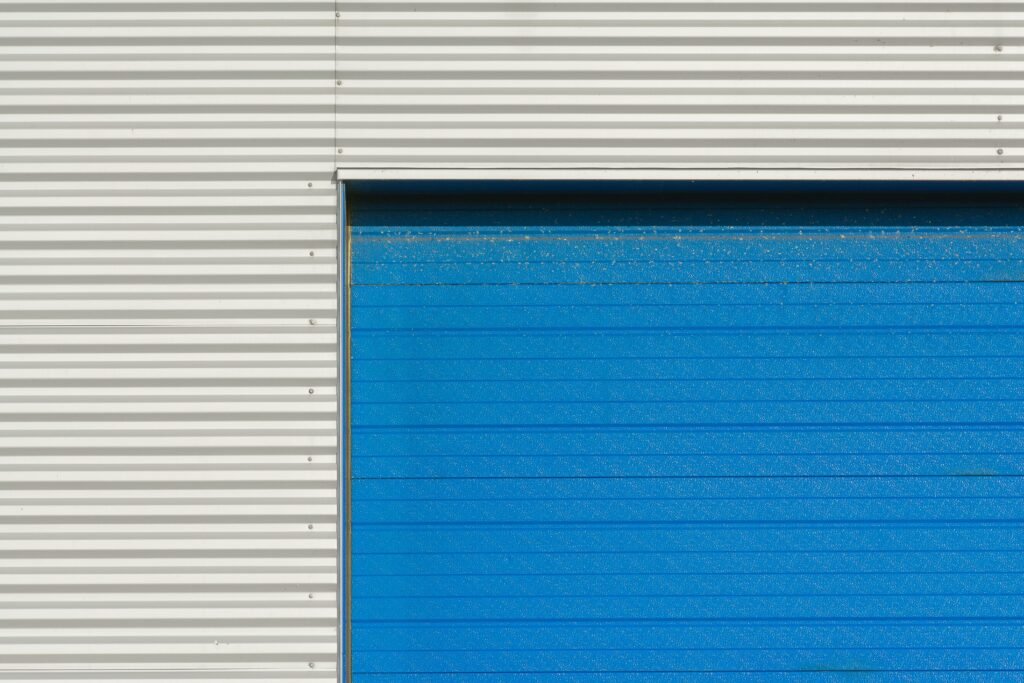
This image is property of images.pexels.com.
Check out our product reviews.
Creating a Minimalist Space
Decluttering your belongings
One of the cornerstones of minimalism is decluttering your belongings. Start by examining each item you own and ask yourself if it serves a purpose or brings you joy. If not, consider donating it or selling it to someone who might find value in it. Be ruthless in your decision-making process, keeping only what you truly need or cherish. As you declutter, you’ll notice a sense of lightness and freedom as your physical space becomes less crowded, creating a more peaceful environment.
Organizing your space
After decluttering, it’s essential to organize your space effectively. Invest in storage solutions that align with minimalist principles, such as clear containers, drawer organizers, and vertical storage options. Assign a designated place for each item, ensuring everything has its proper home. This not only minimizes visual clutter but also simplifies the process of finding and accessing your belongings. By keeping your space organized, you can maintain a clean and calm environment that enhances your overall well-being.
Simplifying your decor
Minimalism extends beyond physical possessions; it also applies to the way you decorate your space. Choose a few key pieces that bring you joy and align with your aesthetic preferences. Opt for clean lines and simple designs that create a sense of calm and balance. Avoid excessive decorations or cluttered displays, and instead, embrace negative space to give your environment a sense of openness and tranquility. Remember, in minimalism, less is more.
Applying Minimalism to Your Digital Life
Streamlining your digital devices
Digital devices, such as smartphones and computers, can easily become cluttered with unnecessary apps, files, and notifications. Streamlining your digital devices involves removing anything that doesn’t serve a purpose or significantly contribute to your well-being. Delete apps you no longer use, unsubscribe from unnecessary email lists, and disable notifications that distract you from being present. By minimizing digital clutter, you can create a more focused and efficient digital experience.
Organizing your digital files
Just as physical clutter can hinder productivity, a disorganized digital space can make it challenging to locate important files and information. Take the time to organize your digital files into folders and create a logical system for naming and categorizing them. This will make it easier to find what you need and reduce the time wasted searching through cluttered digital archives. Regularly delete unnecessary files and back up important documents to ensure a streamlined and organized digital life.
Reducing digital distractions
In today’s connected world, digital distractions can easily consume our attention and hinder productivity. Take steps to reduce these distractions by setting boundaries and intentionally managing your digital habits. Designate specific times for checking emails and social media notifications, and consider using apps or browser extensions that block distracting websites or limit screen time. By consciously managing your digital interactions, you can reclaim control over your time and focus on what truly matters.
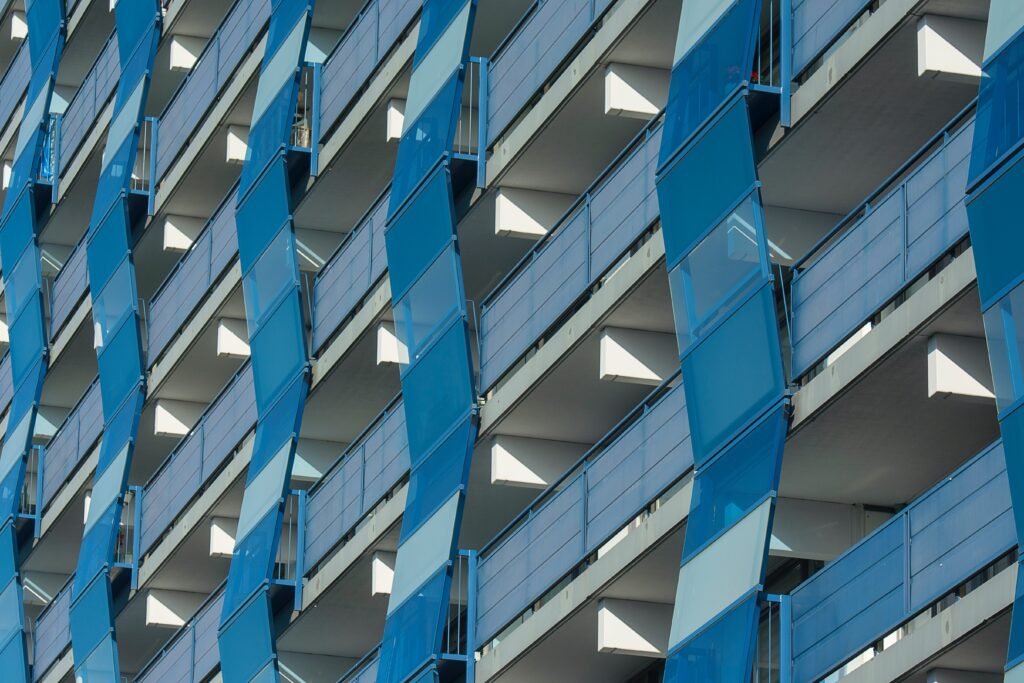
This image is property of images.pexels.com.
Minimalism and Personal Finances
Simplifying your budget
Minimalism can positively impact your personal finances by helping you simplify your budget. Start by examining your expenses and identifying areas where you can reduce costs. Ask yourself if certain expenses align with your values and priorities, or if they are simply unnecessary. By adopting a minimalist approach to spending, you can allocate your resources towards the things that truly bring you joy and fulfillment, while cutting back on non-essential expenses.
Reducing unnecessary expenses
Minimalism encourages a mindful approach to spending, focusing on quality over quantity. Challenge yourself to question every purchase and consider if it aligns with your values and long-term goals. Avoid impulse buying and instead, take the time to research and make informed decisions. By cutting back on unnecessary expenses, you can save money, reduce clutter, and invest in experiences that bring you true happiness.
Embracing mindful spending
Mindful spending is a core principle of minimalism. This involves being intentional with your purchases and considering the environmental and ethical impact of your consumption. Prioritize investing in high-quality items that are durable and have a lower environmental footprint, rather than opting for cheap products that contribute to waste. By embracing mindful spending, you can support sustainable practices, reduce your ecological impact, and contribute to a more conscious and responsible world.
Minimalism in Relationships
Prioritizing meaningful connections
Minimalism extends beyond physical possessions and encompasses our relationships as well. Prioritize meaningful connections by surrounding yourself with people who uplift and inspire you. Cultivate deeper, more authentic relationships by investing time and energy in those who truly matter. By minimizing superficial connections, you can create more fulfilling and supportive relationships that bring you joy and enhance your overall well-being.
Letting go of toxic relationships
In embracing minimalism, it’s important to let go of toxic relationships that no longer serve you. Surrounding yourself with negativity or draining individuals can hinder personal growth and happiness. Take the necessary steps to distance yourself from toxic influences and set boundaries to protect your emotional well-being. While letting go can be challenging, prioritizing your mental and emotional health is crucial for a more fulfilling and minimalist lifestyle.
Establishing boundaries and self-care
Minimalism encourages the practice of self-care and the establishment of healthy boundaries. Understand your limits and recognize when to say no to commitments that don’t align with your priorities or values. Set aside time for activities that bring you joy and replenish your energy. By prioritizing self-care and creating boundaries, you can maintain a healthy balance in your relationships and ensure that your own well-being remains a top priority.
Minimalism and Time Management
Eliminating time-wasting activities
Minimalism teaches us to be intentional with our time and eliminate activities that don’t contribute to our overall well-being. Identify time-wasting activities that bring little value to your life and take steps to reduce or eliminate them. This may involve reducing excessive screen time, limiting non-essential commitments, or outsourcing certain tasks. By freeing up time, you can focus on what truly matters and engage in activities that bring you fulfillment and happiness.
Focusing on essential tasks
In a minimalist approach to time management, it’s crucial to prioritize essential tasks and goals. Identify the tasks that align with your values and contribute to your long-term aspirations. By focusing on essential tasks, you can avoid becoming overwhelmed and ensure that your time and energy are directed towards what truly matters. This allows you to accomplish more with greater efficiency and effectiveness.
Creating a balanced schedule
Minimalism emphasizes the importance of balance in all aspects of life, including time management. Create a schedule that allows for both productivity and relaxation. Prioritize activities that nourish your mind, body, and soul, such as exercise, hobbies, and quality time with loved ones. By creating a balanced schedule, you can avoid burnout and cultivate a sense of well-being and satisfaction in your daily life.
Minimalism and Self-Care
Embracing self-reflection and mindfulness
Minimalism encourages self-reflection and mindfulness as essential components of self-care. Take time to evaluate your thoughts, emotions, and aspirations. Explore what truly brings you joy and fulfillment. Cultivate mindfulness by being present in the moment, appreciating the simple pleasures of life, and observing your thoughts without judgment. By embracing self-reflection and mindfulness, you can deepen your self-awareness and develop a more profound sense of inner peace and contentment.
Prioritizing self-care practices
Self-care is a fundamental aspect of minimalism. Prioritize activities that nurture your physical, mental, and emotional well-being. This may involve practicing meditation, engaging in regular exercise, getting enough sleep, or indulging in hobbies and activities that bring you joy. By prioritizing self-care, you can recharge your energy, reduce stress, and enhance your overall quality of life.
Reducing mental and emotional clutter
Minimalism emphasizes the importance of decluttering not just physical spaces but also mental and emotional realms. Identify and release negative thoughts or emotions that no longer serve you. Practice gratitude and forgiveness to cultivate a positive mindset. Surround yourself with positivity and seek out enriching experiences that contribute to your growth and well-being. By reducing mental and emotional clutter, you create space for more joy, peace, and contentment in your life.
Minimalism for Sustainability
Reducing consumption and waste
Minimalism and sustainability go hand in hand. By adopting a minimalist lifestyle, you actively reduce consumption and waste. Prioritize quality over quantity, and opt for products that are made to last, reducing the need for constant replacement. Avoid impulse buying and carefully consider the environmental impact of your purchases. By consuming less, you minimize your ecological footprint and contribute to a more sustainable future.
Embracing sustainable purchasing habits
Minimalism supports the practice of sustainable purchasing habits. Consider buying second-hand items when possible, as this reduces the demand for new products and extends the lifespan of existing ones. Prioritize sourcing from ethical and eco-friendly companies that prioritize fair labor practices and use sustainable materials. Make conscious choices and support brands that align with your values and commitment to sustainability.
Living a more eco-friendly lifestyle
Minimalism encourages a more eco-friendly lifestyle by promoting conscious decision-making and a reduced reliance on material goods. Look for ways to incorporate sustainable practices into your daily life, such as reducing water and energy consumption, recycling and composting, and supporting local and organic food sources. By living in alignment with minimalist and eco-friendly principles, you contribute to the preservation of our planet and help create a more sustainable future for generations to come.
Challenges and Obstacles in Minimalism
Letting go of sentimental items
One of the most significant challenges in minimalism is letting go of sentimental items. Sentimental belongings often carry emotional attachments, making it difficult to part with them. However, it’s important to remember that memories reside within us and not within physical objects. Start by documenting sentimental items through photographs or journaling to preserve the memories without the need for physical clutter. Gradually let go of items that no longer serve a purpose or bring you joy, while cherishing the memories they hold.
Dealing with societal pressures
In a world that often equates material possessions with success and happiness, minimalism can be met with societal pressures to conform to consumerist ideals. It’s essential to recognize that true happiness and fulfillment come from within, rather than external possessions. Surround yourself with like-minded individuals who understand and support your minimalist journey. Stay committed to your values and priorities, and remember that the minimalist lifestyle is a personal choice that aligns with your unique sense of contentment.
Overcoming the fear of scarcity
A common obstacle in adopting minimalism is the fear of scarcity. Letting go of excess possessions can trigger a sense of anxiety and the belief that you may not have enough. However, minimalism is rooted in the belief that less is more and that true abundance lies in the freedom and contentment that come from living with intention. Embrace the principles of minimalism one step at a time, gradually reducing physical and mental clutter, and you’ll discover that simplicity and purpose can bring profound abundance and fulfillment in your life.
In conclusion, minimalism offers a transformative way of living that focuses on simplicity, intentionality, and freedom from excessive material possessions. By embracing the principles of minimalism, you can experience reduced stress and anxiety, improved focus and productivity, increased clarity and organization, and numerous other benefits in various aspects of your life. Whether decluttering your physical space, streamlining your digital life, embracing self-care, or prioritizing sustainable practices, minimalism provides a roadmap for achieving a simpler, more meaningful, and fulfilling existence. Embrace the power of minimalism and unlock a new way of living that prioritizes what truly matters.
RELATED POSTS
View all

